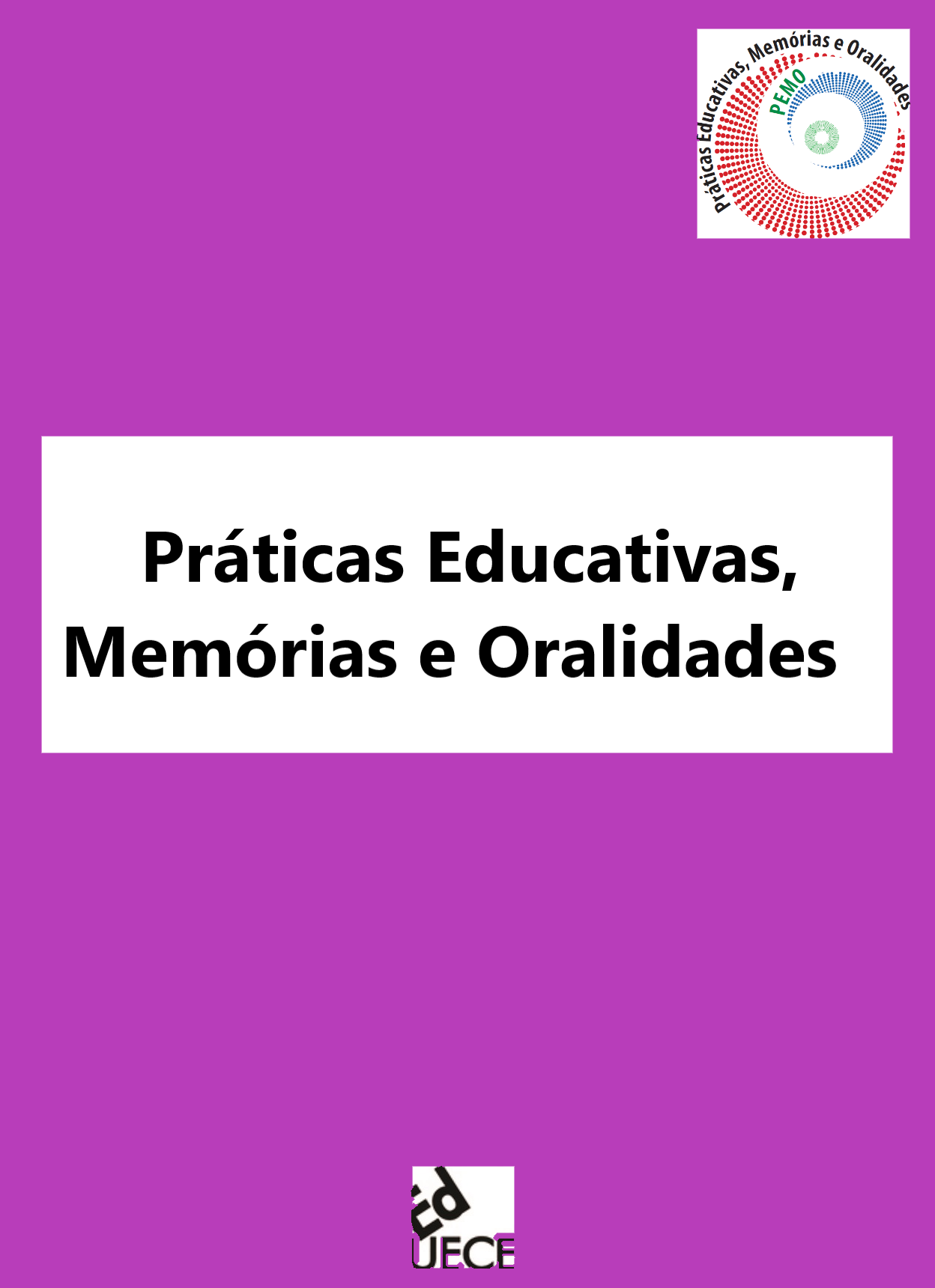Education X Cultural Industry: the production of resentment and semiforming
DOI:
https://doi.org/10.47149/pemo.v3i3.5588Keywords:
Education, Cultural industry, Resentment, Semi-trainingAbstract
This article is part of the results of a master's dissertation on the naturalization process of barbarism by the resentment that produces semi-formed subjects. We aim to analyze the influence of the media in the education of children and adolescents, as a way of showing the consequences of this process in the reproduction of the subjects and in the resurgence of the regression of the senses. With an analytical theoretical nature, the research uses the Critical Theory of Society (ADORNO, 1995). One of the bets in this study is that social transformation requires the empowerment of the school as a privileged locus for understanding social reality. We conclude that a large portion of contemporary society reacts in a barbaric way, against itself or third parties, for not being aware of other possibilities. This fact can be observed as a result of the semi-formation process produced by the mass media, which prevents the elaboration of the past and, thus, promotes the perpetuation of existing subjectivities.
Downloads
References
ADORNO, Theodor W. Educação e emancipação. Tradução Wolfgang Leo Maar. Rio de Janeiro: Paz e Terra, 1995.
ADORNO, Theodor W. Teoria da semiformação. Disponível em: http://adorno.planetaclix.pt/tadorno.htm. Acesso em 16 mar. 2015.
BOECHARD, Gianni Marcela. Educação, indústria cultural e ressentimento no seriado Todo mundo odeia o Chris. Dissertação (Mestrado em Educação) – Programa de Pós-Graduação em Educação, Universidade Federal do Espírito Santo, Vitória/ES, 2016. Disponível em: https://educacao.ufes.br/pt-br/pos-graduacao/PPGE/detalhes-da-tese?id=10025. Acesso em 11 jun. 2021.
CHAUÍ, Marilena. O que é ideologia. São Paulo: Brasiliense, 1980.
GINZBURG, Jaime. Literatura, violência e melancolia. São Paulo: Autores Associados, 2013.
KEHL, Maria Rita. O ressentimento camuflado da sociedade brasileira. 2005. Disponível em: http://novosestudos.uol.com.br/v1/contents/view/1153. Acesso em 15 mar. 2015.
LOUREIRO, Robson; DELLA FONTE, Sandra Soares. Indústria Cultural e Educação: entre a formação e a semiformação. In: LOUREIRO, Robson; DELLA FONTE, Sandra Soares. Indústria Cultural e Educação em "Tempos Pós-Modernos". Campinas: Papirus, 2003. Cap. 3. p. 51-73.
MAAR, Wolfgang Leo. A guisa de introdução: Adorno e a experiência formativa. Educação e emancipação. Rio de Janeiro: Paz e Terra, 1995, p. 11-28.
NIETZSCHE, Friedrich W. A Genealogia da moral. Preparação dos originais por Joaquim José de Faria. São Paulo: Ed. Moraes, 1986.
NIETZSCHE, Friedrich W. Assim falou Zaratustra. Tradução de Alex Marins. São Paulo: Martin Claret, 2005.
Published
How to Cite
Issue
Section
License
Copyright (c) 2021 Gianni Marcela Boechard, Angela do Nascimento Paranha de Oliveira

This work is licensed under a Creative Commons Attribution 4.0 International License.













